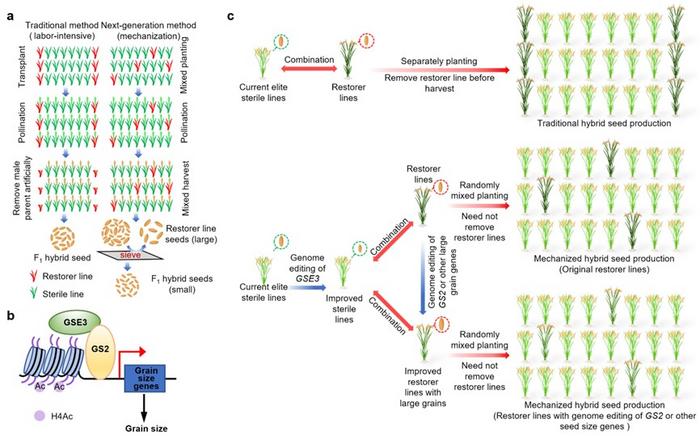More than 1 in 5 adults in Canada did not have access to primary care, with large regional gaps in access, found new research in CMAJ (Canadian Medical Association Journal) https://www.cmaj.ca/lookup/doi/10.1503/cmaj.231372.

“Translated to the population of Canada, our survey estimates that more than 6.5 million adults across the country don’t have access to a family doctor or nurse practitioner they can see regularly,” says Dr. Tara Kiran, a family physician and researcher at the MAP Centre for Urban Health Solutions at St. Michael’s Hospital, Unity Health Toronto and the University of Toronto. “And even those lucky enough to have a family doctor are struggling to get timely care for urgent concerns or care on evenings and weekends.”
As part of an 18-month, across-Canada initiative to develop a vision with patients and the public for primary care called OurCare, researchers conducted a survey to understand people’s values and experiences with primary care. They analyzed data from more than 9200 people via survey, with 73% of surveys in English and 27% in French to provide a national overview.
Sign up for the Daily Dose Newsletter and get every morning’s best science news from around the web delivered straight to your inbox? It’s easy like Sunday morning.
“What is most surprising is the provincial variation in access to primary care,” says Dr. Kiran. “Primary care is the front door to the health care system — the first point of access for acute concerns, managing chronic disease, preventing illness, and helping people access other supports. It is simply unconscionable that in some parts of the country, this door is now closed for almost one-third of the population.”
In Quebec and the Atlantic provinces, almost 1 in 3 people reported they did not have a primary care clinician, even after the authors adjusted for differences in age, gender, education, and other demographic characteristics of survey respondents. People in Ontario were most likely to report having a primary care clinician. Men, people younger than 65 years, and those with poor health were less likely to have a primary care clinician.
People with primary care clinicians also reported challenges in accessing care, as most practices did not offer appointments outside of usual weekday 9–5 hours, and more than half of respondents said they could not get an urgent appointment within 3 days of attempting to book. Many turn to walk-in clinics, which do not provide continuity of care, something that patients indicated was important.
The research team notes that 90% of survey respondents would be comfortable with getting care from another member of a primary care health team, suggested internationally as one solution to address the primary care crisis. Yet less than 15% of respondents reported that their primary care clinician worked with a social worker or pharmacist or dietitian. There was substantial provincial variation, with the odds of working with any health professional lower for people living outside Ontario and Quebec.
“The crisis in access to primary care is in stark contrast to the values that people in Canada hold dear — that everyone should have access to health care regardless of where they live and who they are,” says Dr. Kiran.
If you enjoy the content we create and would like to support us, please consider becoming a patron on Patreon! By joining our community, you’ll gain access to exclusive perks such as early access to our latest content, behind-the-scenes updates, and the ability to submit questions and suggest topics for us to cover. Your support will enable us to continue creating high-quality content and reach a wider audience.
Join us on Patreon today and let’s work together to create more amazing content! https://www.patreon.com/ScientificInquirer


.jpg)


Leave a Reply